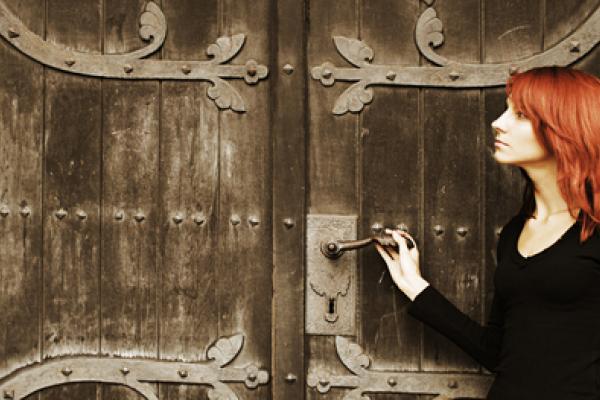OK, church folks. Fasten your seat belts. But don’t hunker down.
There’s a new study out this week that shows that one-in-five Americans has no religious affiliation. Not Baptist, not Catholic, not Lutheran, not Jewish, not Muslim.
For those of us in the world of organized religion, this just adds more data to a trend we have seen accelerating over the last decade.
In 2007, about 15 percent of the adult population in the U.S. described itself as unaffiliated with any religion. In a comparable survey done this summer and released on Tuesday by the Pew Research Center’s Forum on Religion and Public Life, the number hit 20 percent. And if you just focus on those under 30, the religiously unaffiliated constitute one third of that group.
Among those of us who are professional religious types, this is the kind of data that can prompt a lot of gloomy introspection about relevance and a lot of finger pointing at those who are not interested in the same kinds of religious expression that we are.
Let me suggest there’s a less gloomy and less judgmental way to think about this data. Those of us who find our participation in religious groups that are organized in some way — call it a congregation or a megachurch or a house church or a synagogue or a mosque — might consider what spiritual and material resources we might have to offer those who don’t want to be defined as part of our groups.
If we offer those resources because we think they will lure the unaffiliated into membership, we’ll miss the mark. One of the fascinating bits of data in the new Pew study is that 88 percent of those who are unaffiliated say they are not “looking for a religion that would be right for you.” They have no interest in being part of an organized faith community.
But what if those of us who have a wealth of spiritual resources in our traditions looked for ways to make it easier for the unaffiliated to tap into those resources on their terms?
While a slice of the unaffiliated define themselves as atheist (2.4 percent) or agnostic (3.3 percent), the larger group of those who say they have no particular religious affiliation (13.9 percent of all adult Americans) also have spiritual components in their lives.
Of that 14 percent who say they have no particular religious affiliation, 81 percent say they believe in God or a universal spirit; 51 percent pray at least once a month; 82 percent reflect sometimes or even often on the meaning of life.
So what do we in the world of faith communities have to offer? And how do we make what have available to people who really have no interest in coming to us?
It seems to me one of the great vehicles we have at our fingertips — literally — is the Internet. All sorts of faith-related web sites have sprung up over the last decade. If we cast our online involvement only as a marketing tool to lure in new members, then we will continue to isolate ourselves in our own spiritual silos.
But if we put energy behind sharing the parts of our traditions that others may find helpful as they try to understand the divine and the meaning of life, then we can serve them. There are web sites now — including Huffington Post, Patheos, Odyssey Networks, Faith Village and more — that are offering material that can touch those who choose not to be part of a faith community. Add in Facebook, Twitter, Pintrest, You Tube — the pathways just keep expanding
And if faith communities continue to serve those in our society with economic, social, and emotional needs as we have done over the centuries, then we are offering things that the unaffiliateds already see as a strength of organized religion, even as they see our obsessions with money and power and rules and politics as turn-offs. They may even be willing to join in when we feed the hungry or clothe the naked as long as we don’t try to capture them for our flag in the process.
Too often, I think, we view people who have opted out of organized religion as people who need us to save them. If we treated them more as fellow human wanderers through life, maybe we could each learn a bit from the other.
In that process, we not only might find we have things to offer them. We might also find that our own understanding of the divine and of life are deepened and our sense of service takes on new dimensions as we reach beyond our own concerns.
Phil Haslanger is a pastor at Memorial United Church of Christ in Fitchburg, Wis., just outside of Madison.
Photo: Young woman near church doors, Lisa A / Shutterstock.com
Got something to say about what you're reading? We value your feedback!
